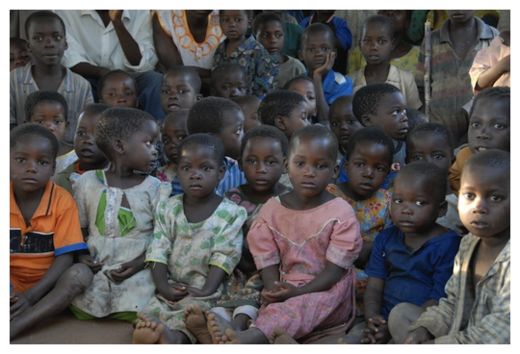
© Unknown
A new study shows that a therapeutic intervention called Cognitively-Based Compassion Training (CBCT) appears to improve the mental and physical health of adolescents in foster care. CBCT is a tool that provides strategies for people to develop more compassionate attitudes toward themselves and others.
It is well documented that children in foster care have a high prevalence of trauma in their lives. For many, circumstances that bring them into the foster care system are formidable -- sexual abuse, parental neglect, family violence, homelessness, and exposure to drugs. In addition, they are separated from biological family and some are regularly moved around from one place to another.
Emory researchers conducted the study in collaboration with the Georgia Department of Human Services (DHS) and the Division of Family and Child Services (DFCS). The study was recently published online in the journals
Psychoneuroendocrinology and Child and Family Studies.
"Children with early life adversity tend to have elevated levels of inflammation across their lifespan," explains Thaddeus Pace, PhD, lead author on the paper in
Psychoneuroendocrinology, and assistant professor in the Department of Psychiatry and Behavioral Sciences at Emory.
"Inflammation is known to play a fundamental role in the development of a number of chronic illnesses, including cardiovascular disease, type 2 diabetes, dementia, cancer and depression."
The study finds that adolescents who practiced CBCT showed reductions in the inflammatory marker C-reactive protein (CRP), reduced anxiety and increased feelings of hopefulness. The more the study participants practiced, the greater the improvement observed in these measures.


